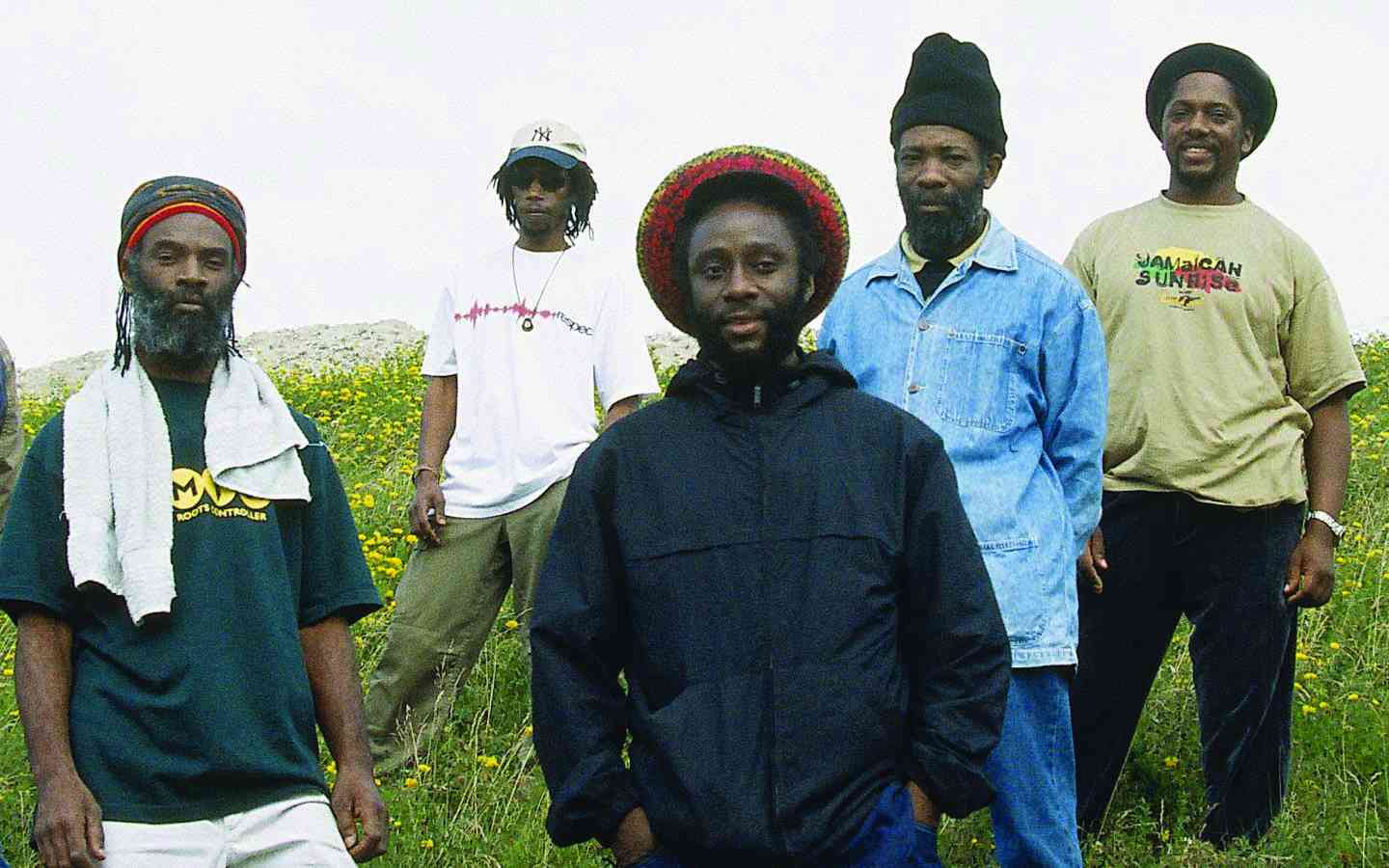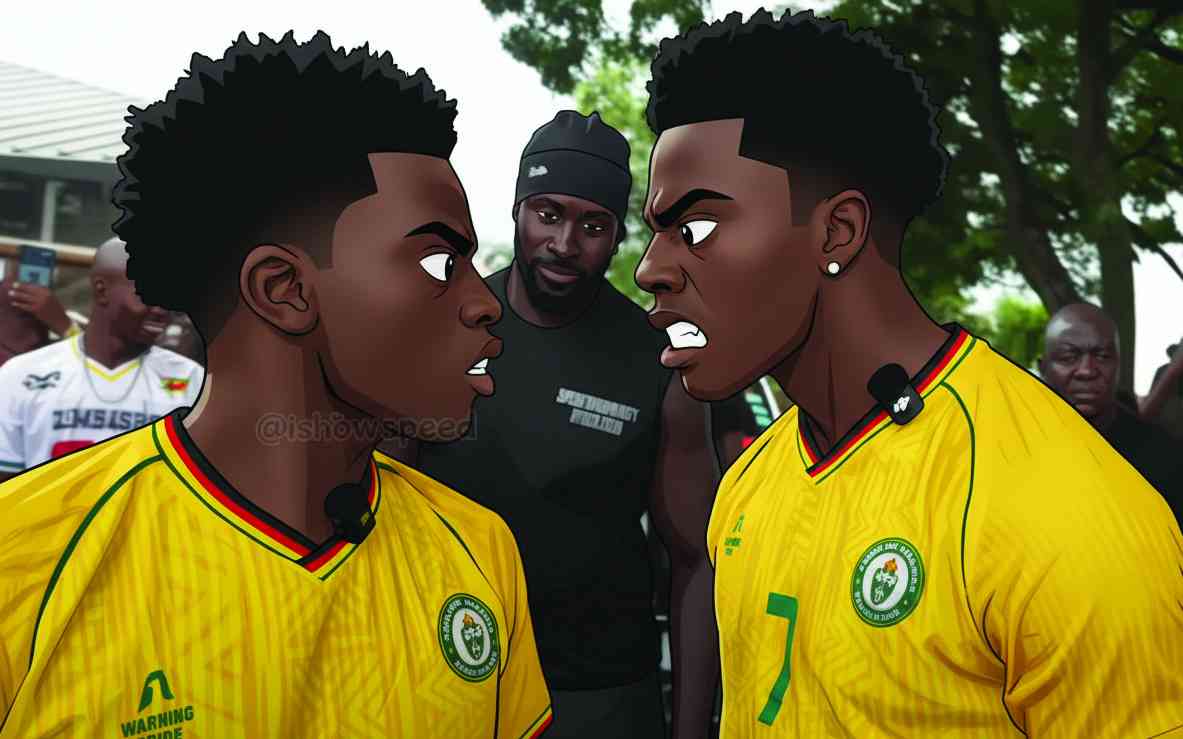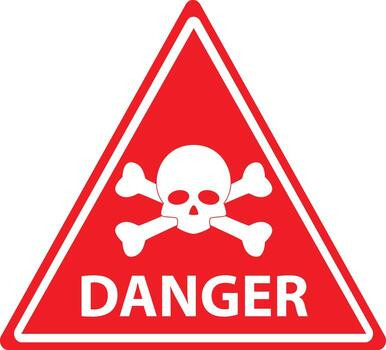
By Tariro Mhute
With tears rolling down her cheeks, Sarudzai* 34 recalls the fateful day she was struck by an axe on her right arm.
Bleeding profusely with a deep cut, she battled for her life. She stares into blank spaces, avoiding eye contact and trying by all means to forget the horrific incident.
“I am sure that day he really wanted to kill me. I felt wounded outside and inside, my heart was bleeding too, my heart had been shredded into tiny bits and pieces,” Sarudzai said.
“I kept asking myself if I had really married this monster. I was left defenseless as I lay in the pool of blood. His parents did nothing to stop him.
“A few months before this nasty incident, I ran away from our home in Harare to go stay with his parents at their rural because the abuse had gotten worse.
“Each time I complained about the abuse, his mother kept saying marriages are full of ups and downs and I should persevere as a woman.
“On this day he attacked me in front of them. I was alone, suffering in the hands of my abusive husband as they watched.”
- Chamisa under fire over US$120K donation
- Mavhunga puts DeMbare into Chibuku quarterfinals
- Pension funds bet on Cabora Bassa oilfields
- Councils defy govt fire tender directive
Keep Reading
She said she never got any medical attention as none of her family members cared.
“The next morning, I packed my bags took my two youngest children and fled to my mother,” she said.
“Sadly, I couldn’t take the other two because they are still in school – I miss them every day. I stayed with my mother until my husband followed and asked me to come back home.
“My brothers agreed that I should return but my mother was against that decision. I feared my husband, and he had also threatened to take the children away from me.
“When I returned, his temper worsened. At one point I was beaten and ran into the bathroom, he locked the door from outside and I spent the whole night bundled on the cold bathroom floor asking God why I was suffering so much. Why me?”
The little angel: A cry for help
After enduring the pain of seeing her mother being beaten constantly for so many years, Sarudzai’s eldest child decided to call Childline to report her own father. She got a toll-free number at school.
“I remember vividly the day she called, she asked for my mobile phone, and she spoke to someone and explained everything,” Sarudzai said.
“The call centre agent asked for further details and I was referred to Musasa. I was scared to leave and stayed in the abusive marriage, until I was beaten again and left for dead. Again, I sought refuge in the arms of my mother who gave me an ultimatum.”
“My mother knew I would go back — so she asked me to report my husband and get full custody of my children if I wanted to stay with her.
“She said she was not ready to bury me because at one point my husband even threatened to beat her because she was accommodating me.
“I returned to my husband, but he constantly abused me physically, emotionally, and mentally. I was like a slave. I wasn’t allowed to have friends. I wasn’t allowed to work. Even neighbours feared him.”
Journey to freedom
Sarudzai said the final straw came when her husband beat her again forcing her to run outside the house.
“My two children followed, and he locked the door. Hungry, cold and heartbroken we slept outside,” she said.
“My children and I deserved better – I had to protect them. The next morning, he left for work and with only $60 on me I went to the Musasa Stop Centre in town with my children.
“I told them everything and I was admitted into the shelter with my two children. Up to now no one knows I am here. Musasa assigned a lawyer to my case she is currently assisting me with the custody battle and gender-based violence (GBV) case I filed against my husband.”
She said she regrets not coming to Musasa earlier.
“I am now at peace; my children haven’t seen me this happy in a long time. Here we get counselling, medical services, legal representation, and life skills,” Sarudzai said.
“They treat us with compassion and dignity. After my case is resolved, I am going back to my mother and start a new life with all my children. I encourage all women and girls suffering from any form of abuse to speak out. Do not suffer in silence, Musasa is here for us!”
Tales of a teenage mother
Chipo* dropped out of school when she was in Form Two — her mother could no longer afford to pay her school fees after her father passed away.
She stayed home and got married at the age of 17 before she moved to stay with her husband and in-laws.
Chipo got pregnant and gave birth to a baby girl. Three years later she got pregnant again and gave birth to her second child, a baby girl — then all hell broke loose.
“I started noticing changes in my baby when she was just six months old. She was already crawling and suddenly stopped,” Chipo said.
“She wasn’t active anymore and her limbs became so stiff. When I went to the hospital, I was told she had cerebral palsy.
“Sadly, my husband’s family did not accept my baby — they called me names and said I was worthless because I had given birth to a baby with a disability.”
Chipo said she was supposed to go for reviews at the local hospital and her husband never offered any help – even financially.
“I struggled with the baby alone. To cater for the hospital bills I started vending. I would wake up very early, strap the baby on my back and walk several kilometres selling different wares in the community,” she said.
“I even tried leaving the baby with my mother-in-law so that I can move around easily selling – she refused. She called my baby ‘useless’ and preferred the eldest one.
Due to the strain of walking for several kilometres in the scorching heat with a baby on her back and the stress at home, Chipo collapsed one day and was rushed to the local hospital.
Sadly, she had to leave her baby in the care of her mother-in-law.
When she returned from hospital the baby was severely malnourished.
“I was shocked that my baby was in such a condition and I was still weak, but they gave me the baby anyway, even when they knew I was struggling to walk,” Chipo said.
“I crawled to feed the baby, bathe and change her. Her condition deteriorated and I went back to the hospital as soon as I regained some strength. When I got there the baby got nutrition supplements — nurses said she had kwashiorkor.
“When I was in the hospital, my husband never followed to check on us. I never had any diapers for the baby- I used cloth and covered her with plastics to avoid leakages until I told the nurses who gave me diapers.
“I called my husband, and he never answered my calls only to text back one day saying I should never return – the marriage was over.
“When I was discharged from hospital without a single dollar I had nowhere to go, I went to Harare Central Police. The first night I slept at the station, and they referred me to Musasa who gave me temporary shelter, since then I have been staying here.”
Peace at last
Chipo said apart from her baby being well-taken care of, she got counselling.
“No one knows that I am here at the shelter and I just want my baby to get the medical attention she requires before I go back to my mother,” she said.
“I also want to get legal custody of my children and I know most women are suffering in silence out there, there is still hope.
“Before I came here, I never knew Musasa existed. When I go back home, I want all the women and girls who have suffered like me to know about them.”
Collaborating for the elimination of GBV in Zimbabwe
According to recent statistics, in Zimbabwe, about one in four women aged 15 to 49 have experienced physical violence and about one in four women have experienced sexual violence since the age of 15.
When the government placed restrictions on mobility due to the Covid-19 pandemic, many women and girls were forced to stay at home with their abusers, leading to a drastic increase in GBV in the country, calling for innovations and further collaborative efforts between partners.
Under the Pathways consortium, Catholic Relief Services (CRS) and Musasa worked with implementing partners in nine districts across Zimbabwe and devised innovative approaches to reach out to survivors using virtual services and toll-free numbers.
Survivors who were admitted into the shelters were tested for Covid-19 and quarantined to avoid further spread of the pandemic.
One Stop Shops were operational for the most serious cases whilst Musasa made use of the existing Pathways referral service network within the districts of implementation.
The trained resident community cadres in different communities provided first line support.
Since 2018 with support from the United States President’s Emergency Plan for AIDS Relief (PEPFAR) through United States Agency for International Development (USAID) Zimbabwe, CRS Pathways has been partnering with Musasa, offering temporary shelter, medical care, psychological counselling, and legal services to survivors of GBV.
Like Sarudzai and Chipo, most women are suffering in silence.
As we end the 16 Days of Activism Against GBV under the theme “Orange the World, End Violence Against Women Now!”, women and girls should speak out and get help before it’s too late. Communities should also speak out for those suffering in silence.
It begins with you!
*Names have been changed
- Need assistance from Musasa? Call toll-free line 08080074 or their WhatsApp number 0775442300
- Tariro Mhute ([email protected]) is the communications and documentation officer at Catholic Relief Services – Pathways Project.










